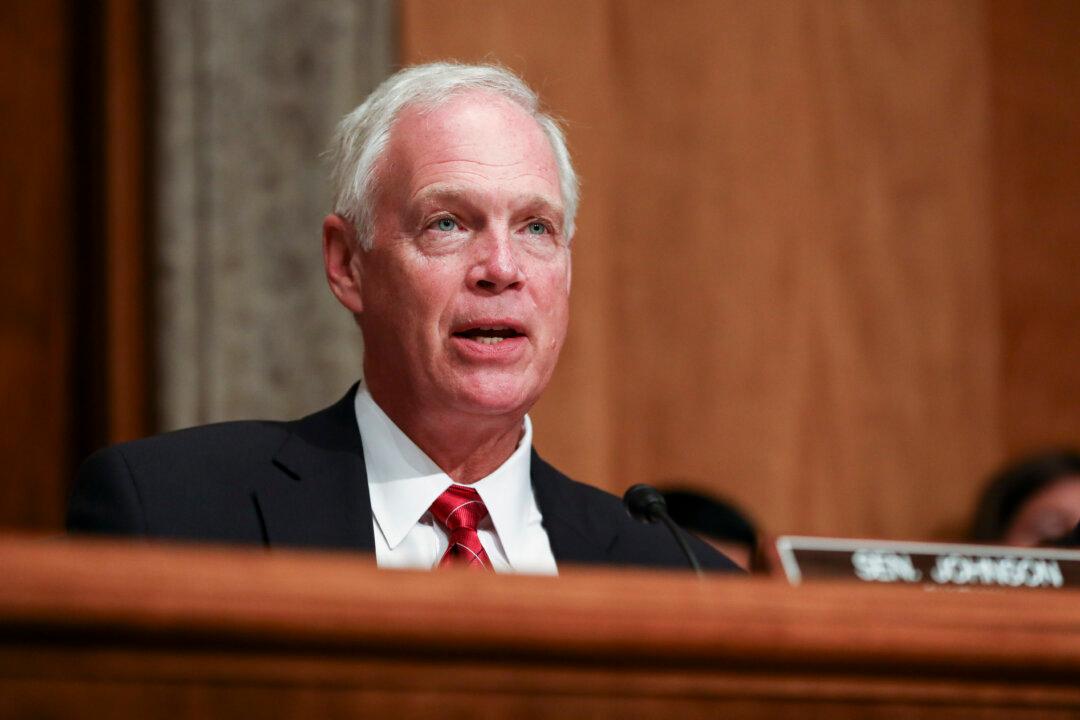Sen. Ron Johnson (R-Wis.) says the Colonial Pipeline cyberattack and ensuing shutdown have exposed “existential” vulnerabilities in the United States’ fuel and electrical grid.
The senator called vulnerabilities “a devil of a problem” for which there’s no easy fix, while arguing that the Democrats’ Green New Deal would make the problem worse.





